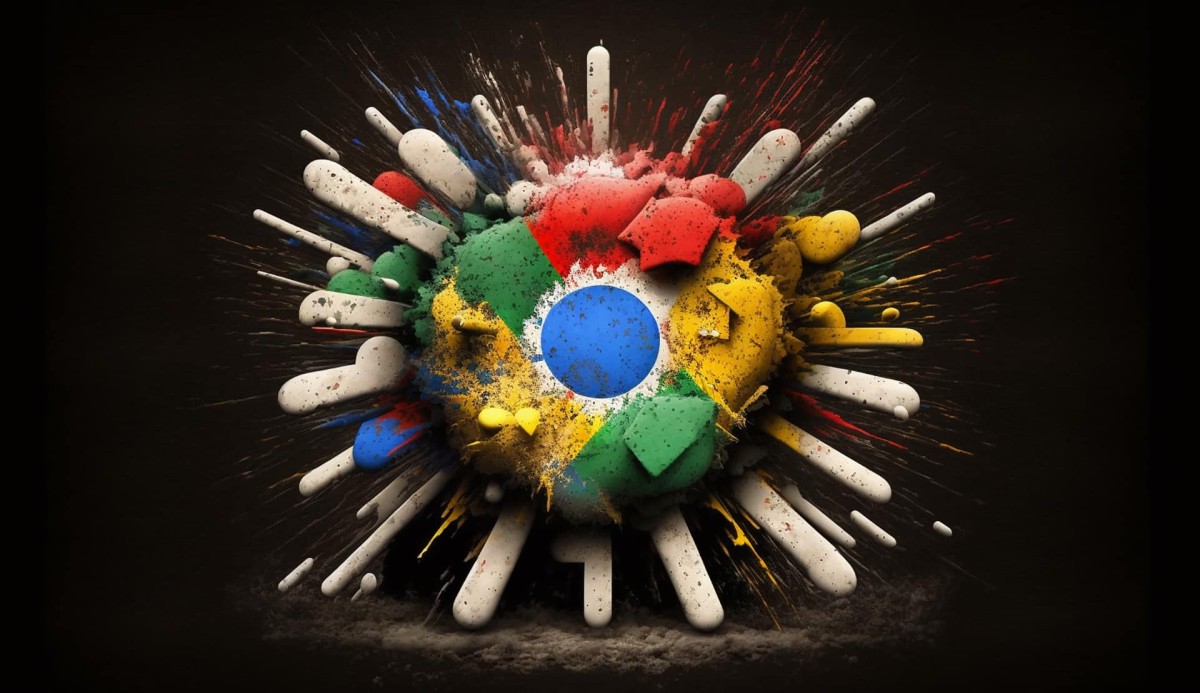In the world of technology right now, the conversation is being dominated by AI. Whether people are referring to true artificial intelligence models or language learning models like GPT, there are widespread concerns (and there’s also widespread excitement) about the way AI could change our lives.
Microsoft’s massive investment in OpenAI demonstrates how serious the company is about language learning, and just like Microsoft, Google is also looking to integrate AI into its search tools. Here are 10 things you need to know about the rather secretive Google Magi.
1. Its existence is not technically official yet
The New York Times originally broke the story of Google Magi’s existence in mid-April. This means that Google has not technically unveiled Magi yet; we don’t actually know for sure whether or not it exists or whether Google is intending to reveal it officially in the coming weeks. One thing we do know, though, is that the New York Times is a pretty reliable source. The platform likely wouldn’t run a story unless it had been extensively checked, so even though Magi isn’t official, it’s almost certainly real.
2. It’s Google’s attempt to compete with ChatGPT
Microsoft has made a big deal of how ChatGPT is being integrated into Bing in order to help users with their search queries. The idea is that ChatGPT’s massive dataset can provide users with more specific answers to their queries than standard Bing searches can. Magi is reportedly Google’s attempt to do the same, which means that if it does get rolled out, we can expect to see it being integrated into standard Google search protocols within the next few months.
3. Google is apparently pretty scared of competitors
For many years, Google has been the dominant search engine, even becoming completely synonymous with search engines as a whole. Other search engines, like DuckDuckGo and Bing, have arisen, but none of them have ever managed to unseat Google from its perch. The arrival of ChatGPT has apparently made Google pretty scared, though; Magi is essentially an attempt to claw back some of the market share Google feels it will lose to Microsoft, allegedly.
4. We don’t actually know what Magi is yet
Because Magi has only been reported on by the New York Times and hasn’t officially been unveiled by Google yet, we don’t technically know exactly what it is. We know that it consists of new AI-powered tools to help users with their searches on Google, but beyond that, what Magi will offer to consumers on the “ground level”, so to speak, is anyone’s guess. We’ll have to wait until Google officially reveals this technology to see exactly what it’ll do.
5. Magi is just a codename
As with Google updates and Chromebooks, the company’s newest technological innovations and initiatives are usually given fun codenames. This is no different for Magi; at the moment, Magi is simply a codename, so when it does get officially revealed, it could well be called something different. If you see an alternatively-named Google AI protocol being integrated into search services within the next few months, it could well still be the technology currently known as Magi.
6. It’s coming alongside a rebuild
Again, taking the New York Times story as a source, Google is reportedly also planning to extensively overhaul and retool its search services. It’s difficult to know exactly what the company is planning to do – Google is synonymous with searching, after all, so any potential changes likely wouldn’t want to rock the boat too much – but it’s apparently coming. Despite that, the New York Times also says that there’s no clear timetable as to when we can expect those changes to come.
7. Magi isn’t the only AI tool Google is developing
According to the NYT, Magi is one of a suite of AI tools that Google is developing in order to stay competitive. These include not only Magi and its integration into the iconic search bar, but also an AI image generation protocol, a language learning model, and various other technologies. It’s clear that Google is one of the companies that believes AI is very much the future of tech, even though many sceptics suggest that there’s a long way for AI to go before it’s ready.
8. It’s not Google Bard
You might think that Magi bears some marked similarities to Google Bard, another AI project that’s currently underway at Google. However, Bard is more of a competitor to the chat-focused ChatGPT service, while Magi is intended to integrate directly into search functionality and provide users with useful information. The two projects are technically distinct, although we honestly wouldn’t be surprised if Magi borrowed from Bard in order to deliver its services.
9. Magi will apparently be more chatty than Google
Right now, the Google search bar is nothing but an impersonal, passive white box into which you input your query. However, if Magi is implemented, it’ll be bringing a more conversational experience to the Google search page, allowing you to converse with your search rather than simply to execute it. This could help you avoid frustrating situations like the search bar misinterpreting what you’re looking for, but it remains to be seen whether Google will implement this tech or not.
10. We could be a way out from Magi
It’s important to note that Magi hasn’t been officially revealed, and as such, we could be a long way away from an official release or even an announcement. The technology might not be ready for a while yet, and even when it is, Google will likely want to stress-test it to ensure that nothing as embarrassing as the major Bard mistake happens to Magi. Don’t be surprised if it’s several months before we hear from Google Magi (or whatever it ends up being called) on an official basis.


